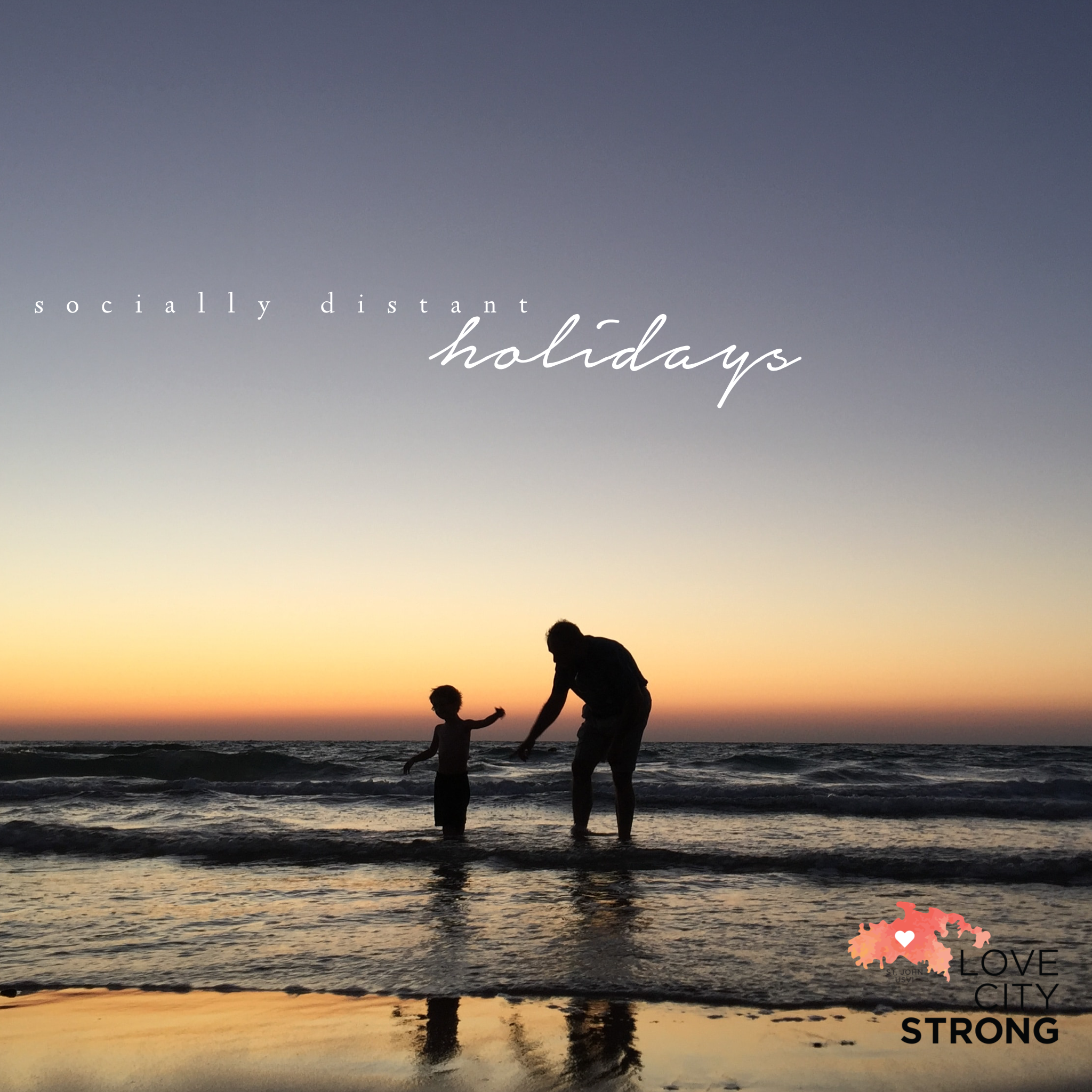COVID-19 and the Holidays

Almost a year into the COVID-19 pandemic, it’s understandable that many are starting to develop a sense of emotional burnout that some are calling “covid fatigue.”
The sense of a never ending struggle against an invisible threat may cause people to let their guard down. After all, it can feel wrong to continue to rearrange your life and practice all of these new habits if your risk seems nonexistent. However, this behavior is precisely what leads to surges in COVID-19 cases.
As cases begin to increase globally, particularly in the United States, anecdotal evidence suggests that “covid fatigue” is playing a major part. People are tired of not seeing their loved ones, and staying socially distant, and making dramatic shifts in how they interact with the world.
What’s troubling is that this societal shift is about to converge with the holiday season; a time when people around the world come together with loved ones and celebrate long standing traditions with their communities. These celebrations usually occur indoors, in large groups, and almost always involve older members of one’s extended family or community.
Given that most of us have not seen our loved ones this year due to the pandemic, it can be tempting to completely relax our habits for the holidays and to act as though we live in a world free of risk. The sense of comfort and nostalgia that the holidays give us seem like the perfect solution to our pandemic woes. Unfortunately, the traditions that many of us crave are exactly the kinds of scenarios that put us and others at risk.
It is more important than ever that we begin to workshop creative solutions and start new traditions in order to celebrate the holidays during the pandemic. Whether gathering in smaller groups with immediate members of your household only, taking more time off of work or school to allow for adequate quarantine on either side of holiday travel, or making celebrations entirely virtual, any amount of mitigation will be better than none.
Here are a few key questions to consider when making holiday plans this year:
- What risk are you placing on others (particularly seniors or those who are immunocompromised) with the celebrations that you are planning?
- How can you modify your normal plans to allow for social distancing, or even to have events outdoors rather than indoors?
- For those traveling, what is the status of the virus in your community, and the community that you’re traveling to? Is it fair to put a strain on another community’s healthcare system, or put loved ones in another community at risk, for the sake of not celebrating the holidays in your own community?
- Do you have the resources and time to get tested and self-isolate before celebrating the holidays with people you do not live with?
- Should you set boundaries and expectations with others (and avoid those awkward conversations about why you won’t be hugging anyone this year) ahead of time?
Making changes to behaviors and traditions that we have all come to depend on can be uncomfortable and frustrating, but managing our expectations and those of our loved ones can be extremely helpful as we create new ways to connect with family during the holiday season.
Family and friends are the core of what makes these traditions so special, and ultimately our primary concern must be safeguarding the health and safety of the people we love.
